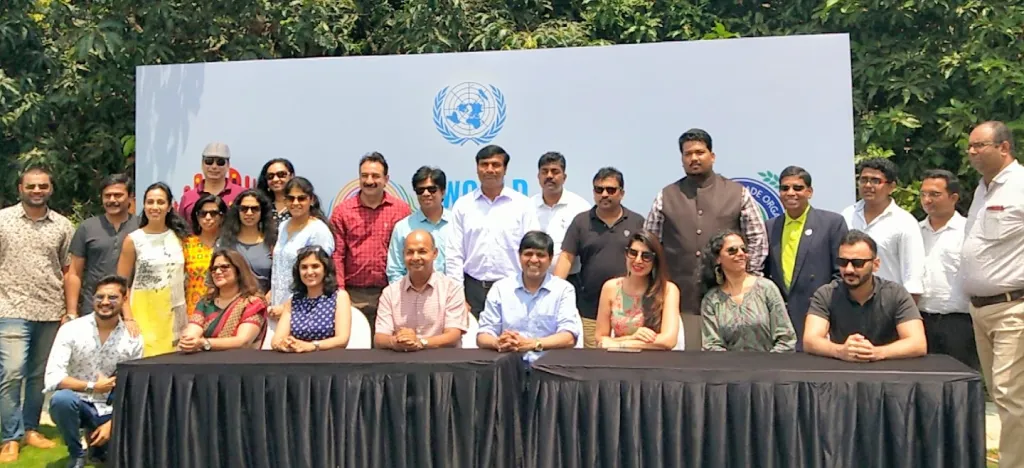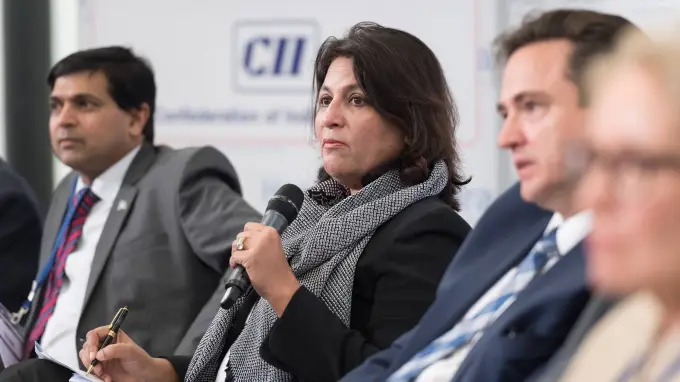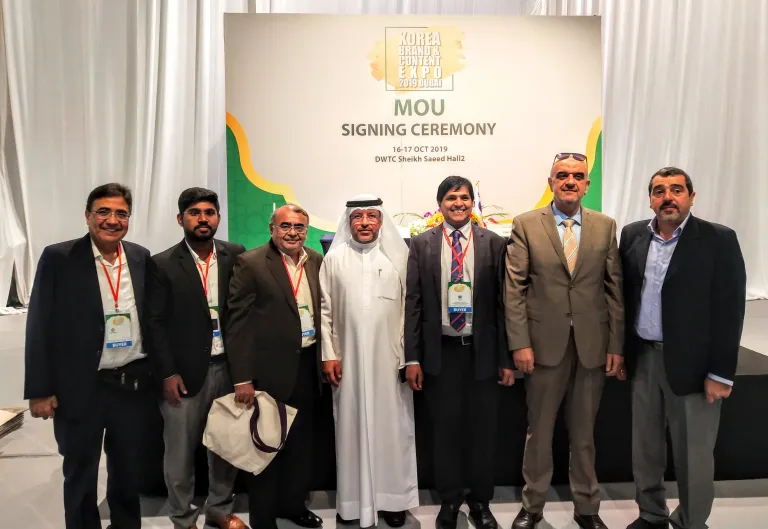Bilateral Relations
The IETO conducts trade and commerce relations with various countries and India. With the world’s third largest military expenditure, second largest armed force, fifth largest economy and third largest in purchasing power parity, India is a regional power, Potential super power and India has a growing international influence and a prominent voice in global affairs. IETO has led various delegations to different countries and its a very small effort to build India’s bilateral relations for promoting trade and commerce as a non profit entity.

IETO conducted the World Environment Day in Bengaluru with the Honorary Consulate of Estonia and other Water Experts
An evidence-based approach to evaluation offers valid and reliable information on the efficacy of consulting efforts and provides opportunities to generate knowledge, learning, improvements, and innovation. This methodology relies on a logical approach to consulting assessments, and includes planning, designing, implementing, and controlling: a disciplined approach to evaluation. Developing and adopting a logical approach that fits the specific drivers of change efforts tends to assure greater validity and reliability in evaluating the effectiveness of the consulting approach, processes, and results, versus using unchecked, idiosyncratic consultant- and client-dominated approaches.

Delegation visited the Foreign Minister of Spain and the CEO of International Trade Centre in Budapest Hungary
Resource expenditures during delegation visits for consulting engagements are justified based on views, hopes, and aspirations that consultants can draw upon to help their clients deal with the realities of their situations—whether implicit or explicit. The evidence-based evaluation approach emphasizes a logical approach that underpins the evaluation of the consultation process from start to finish, or at any phase of the consulting activity. This approach can help reveal the level of thought, scope, and usefulness of the engagement and associated interventions. A logical approach can guide the design and selection of the appropriate type of thinking, concepts, methodologies, and processes to be used in evaluations. This approach can also provide key elements and play a critical role in facilitating a valid and reliable evaluation. Evidence-based evaluation can incorporate features and attributes that offer the best assessments of the unique situational conditions and driving forces of the consulting engagement.

IETO participated in the Horasis Conference with the President of CII Shobana Kamineni
An effective consulting evaluation requires adopting the appropriate type of thinking, concepts, data and country specific methodologies, design, and implementation. To ensure valid and reliable evidence-based evaluation outcomes, evaluation methodologies should reflect the rationale of the consulting engagement. When the purpose and drivers of the consulting engagement are not considered, the evaluation concepts, methodology, and subsequent results will most likely be confused and unreliable. It is important to configure the explicit and implicit unique, subtle, and special conditions of the consulting effort. An evidence-based evaluation approach guides the type and level of thinking, applicable concepts, process design, and implementation, and provides a framework for the valid and reliable evaluation of consulting engagements.

MOU Signing in UAE with South East Asian Federation
deally, evidence-based evaluation is incorporated into consulting engagements from beginning to end, with resources and support for the evaluation effort integrated into the consulting engagement. Furthermore, key stakeholders are identified and, if appropriate, included in the process of consulting evaluation planning and implementation.
